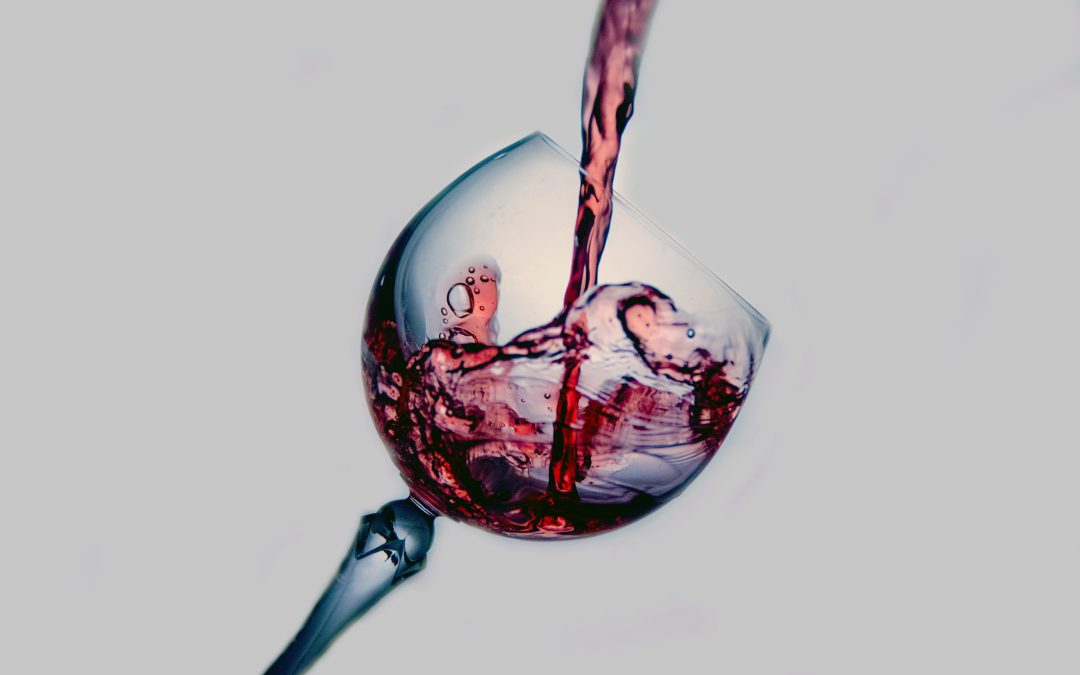A colleague’s cup that posits “is this coffee or gin?”; topping up your wine glass at the end of the day only to realise you’ve emptied the bottle; listening to the crackle of beer cans being opened on a train journey well before noon; alcohol pervades daily life for most of us. But are we really drinking our way to an early grave?
The alcohol-related mortality rates are highest for those between 55-64 – so for the ‘baby boomer’ generation, the unfortunate answer is yes.
“The problem is that people aren’t nipping it in the bud, and the stigma is high – you almost have to get to the point where there’s no way back before you’ll ask for help,” says Gerri Creedon, owner of premier rehabilitation service Regain Recovery, “We need to be more proactive.”
The good news is that the trend for wellness is seeing people become much more self-aware. Creedon says she’s seeing a much broader section of enquiries,
“People are getting in touch with us now when they are simply at the stage of questioning if they’re drinking more than they ought to. They see the benefits of taking time out in a tranquil environment like our treatment centre Barton Court in rural Devon, focusing on themselves and working through any stressors or issues with experienced therapists, as a preventative measure.”
It must help that set in such
“The thing we hear the most is that people are nervous of group therapy – they see the way it’s depicted on television and in American 12 step programmes and kno they don’t belong in that environment. The reality couldn’t be more different – clients are surprised how much the comforts of Barton Court support their recovery.
In wider society, counselling is no longer seen as the preserve of those with serious psychiatric problems, and most of your friends and colleagues will be on the books of one private professional or another – so why should counselling for alcohol intake have the same stigma attached?
“We live in a drinking culture, and though I don’t advocate that we all turn into pious teetotallers, it’s important that we become more aware of how and why we drink – just as we should understand how and why we eat junk food, or sleep poorly, or over-work. It’s another area of life we can achieve balance in – with the right guidance.”
“Many people come to me and say they’ve seen the drinking habits of their parents deteriorate as they retire, and want to ensure they break the cycle – it’s an investment in their future.”
Alcohol-related admittance to hospitals have hit an
“Success rates for those who go into treatment are solidly growing, but an alarming number of people aren’t getting the treatment they need until it’s too late. It’s almost as if over 50’s need to experience liver failure before they’ll act.”
We clearly can’t keep going on as we are, and with funding being slashed at all angles in the public sector, investing in private help now could mean the difference between years of illness and living a full and healthy life.
If you are concerned about yourself or a loved one, contact the team today at info@regainrecovery.com or 0333 987 5078 for advice on ways to support the person in managing their alcohol dependency.”








